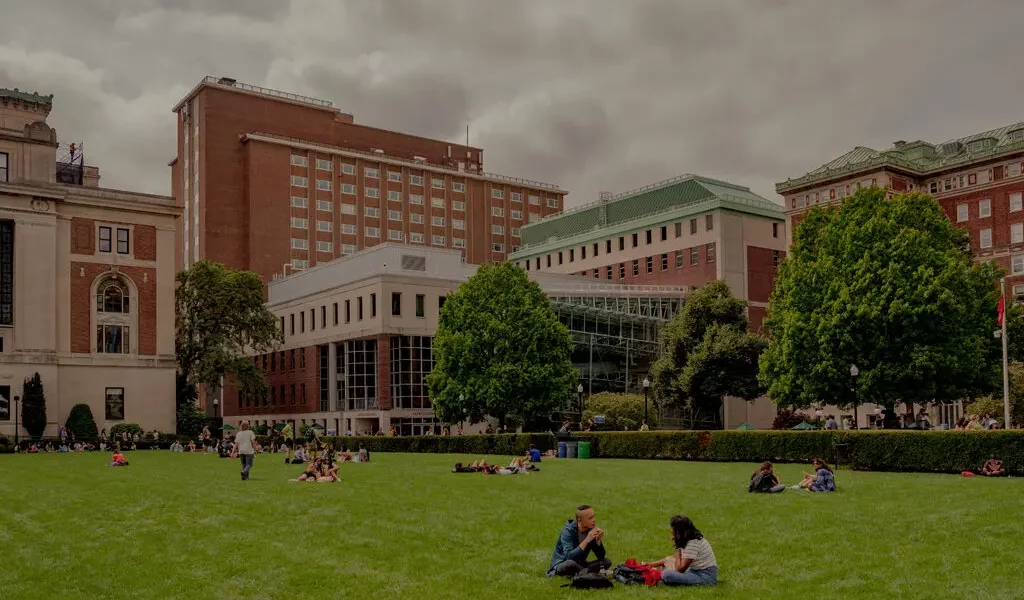For nearly 25 years, a group of prestigious universities in the United States enjoyed legal protection, exempting them from federal antitrust laws while sharing financial need assessment formulas for prospective students. However, this exemption came with a crucial condition: the universities’ admissions processes had to be “need-blind,” meaning they couldn’t consider a student’s wealth when making decisions.
On Tuesday night, a court filing revealed that five of these universities – Brown, Columbia, Duke, Emory, and Yale – collectively agreed to pay $104.5 million to settle a lawsuit alleging that they did, in fact, take financial ability into account when deciding on some applicants’ fates.
Though the universities did not admit wrongdoing and disputed claims that their practices harmed students, the settlements raise questions about whether these institutions, which touted their generous financial aid, did enough to lower tuition costs.
Columbia and Brown, in separate statements following the court filing, denied any wrongdoing and maintained that all financial aid decisions were made in the best interests of students and their families. Brown stated that resolving the case would allow them to focus resources on expanding generous aid for students.
These settlements come several months after the University of Chicago agreed to pay $13.5 million to settle its part of the case. Other schools, including Cornell, Georgetown, Johns Hopkins, M.I.T., and the University of Pennsylvania, are still involved in the litigation, with no trial date set.
The extensive lawsuit targeted 17 schools that were, or had been, members of the 568 Presidents Group, named after the legal provision that granted them antitrust protection. The lawsuit argued that these universities did not adhere to the need-blind admissions requirement when considering wait-listed applicants, making their financial aid practices illegal.
For example, Vanderbilt University stated on one of its websites in 2018 that it reserved the right to consider need when admitting wait-listed students, echoing previous statements by university staff.
The suit contended that by considering need in any context, the universities violated the conditions of their antitrust exemption. Additionally, the case drew strength from a legal doctrine that holds group members responsible for each other’s actions.
According to the lawsuit, approximately 200,000 students were overcharged over two decades because the 568 Group eliminated cost competition, artificially inflating the net price of attendance.
The antitrust protection expired in 2022, and the 568 Group disbanded.
Although the University of Chicago initially claimed the lawsuit was baseless, it agreed to share records that could be valuable in the litigation against other universities.
A few other universities have since followed suit, admitting no fault while limiting their financial exposure and the risk of damaging revelations emerging from records or depositions.
The planned settlements offer advantages for the plaintiffs beyond the financial compensation for students and lawyers. By reducing the number of defendants, the case becomes more streamlined, as it would have been exceptionally complex to proceed to trial.
Emory and Yale are expected to pay $18.5 million each, while Brown is settling for $19.5 million. Columbia and Duke have agreed to pay $24 million each. Additionally, Rice University announced separately in a recent financial statement that it agreed to pay nearly $34 million.
In Tuesday’s filing, the plaintiffs’ lawyers stated that the settlements were pursued separately over time rather than achieved as a group. They added that they employed a strategy of increasing the settlement amounts with each successive agreement to exert pressure on non-settling defendants to reach an agreement promptly or face the risk of paying significantly more by waiting.
Financial aid practices at elite universities have long faced antitrust scrutiny. In the late 1980s, the Justice Department initiated an inquiry into price-fixing, leading to settlements in the 1990s as Ivy League schools sought to avoid potentially massive legal battles. (M.I.T. initially declined a settlement and opted for a trial but later reached an agreement with the government, with the settlement’s language serving as a template for Section 568.)
In a filing last year, the Justice Department expressed support for some of the legal arguments underlying the current civil case that universities are settling.



